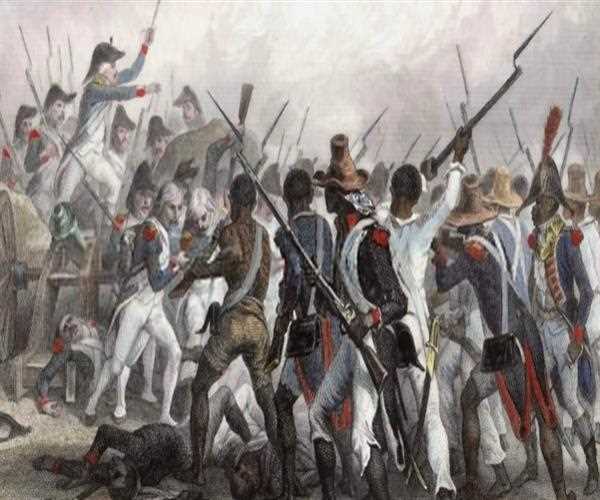The Haitian Revolution (1791-1804) turned into a complex and huge event in world records that led to the establishment of the unbiased Republic of Haiti. Several interconnected causes contributed to the outbreak of the revolution:
- Slavery and Oppression: The maximum fundamental cause of the Haitian Revolution was the institution of slavery and the oppressive conditions persisted by way of the enslaved population. The majority of the populace in Saint-Domingue (the French colony that later became Haiti) were African slaves who worked on sugar plantations under brutal conditions.
- Influence of Enlightenment Ideas: Enlightenment ideals of liberty, equality, and fraternity, which gained prominence in the 18th century, had an impact on the consideration of both free humans of color and enslaved individuals in Saint-Domingue. The French Revolution, with its emphasis on those concepts, additionally inspired aspirations for freedom for a number of the oppressed.
- Class and Racial Inequality: Saint-Domingue had a noticeably stratified society with stark racial and sophistication divisions. The white plantation proprietors, frequently born in France, held sizeable energy and wealth. The unfastened people of color, who were usually of mixed race and born in the colony, faced discrimination and limited rights. Slaves, the majority of the populace, persevered through excessive exploitation.
- Free People of Color Demands: The loose human beings of shade in Saint-Domingue, stimulated via Enlightenment ideals, sought more political and civil rights. They demanded a give up on racial discrimination and sought the same reputation as whites. However, these needs were met with resistance from the white elite.
- French Revolution: The outbreak of the French Revolution in 1789 had a profound effect on Saint-Domingue. The progressive beliefs of liberty and equality resonated with various businesses within the colony, along with the unfastened humans of coloration and a few white colonists. However, the conflicting goals of the one-of-a-kind factions inside the French Revolution complex the state of affairs within the colony.
- Leadership of Toussaint Louverture: Toussaint Louverture, a former slave, emerged as a key leader during the Haitian Revolution. He skillfully navigated the complex political panorama, aligning with distinct factions, and in the end led the revolutionaries in their conflict for independence. His army and strategic brilliance played an essential role in the achievement of the revolution.
- Economic Factors: Economic elements also contributed to the unrest. The plantation financial system became critical to France, and there were conflicts over alternate restrictions and financial policies. Additionally, the disruption as a result of the revolution in France created opportunities for local leaders to gain greater autonomy.
